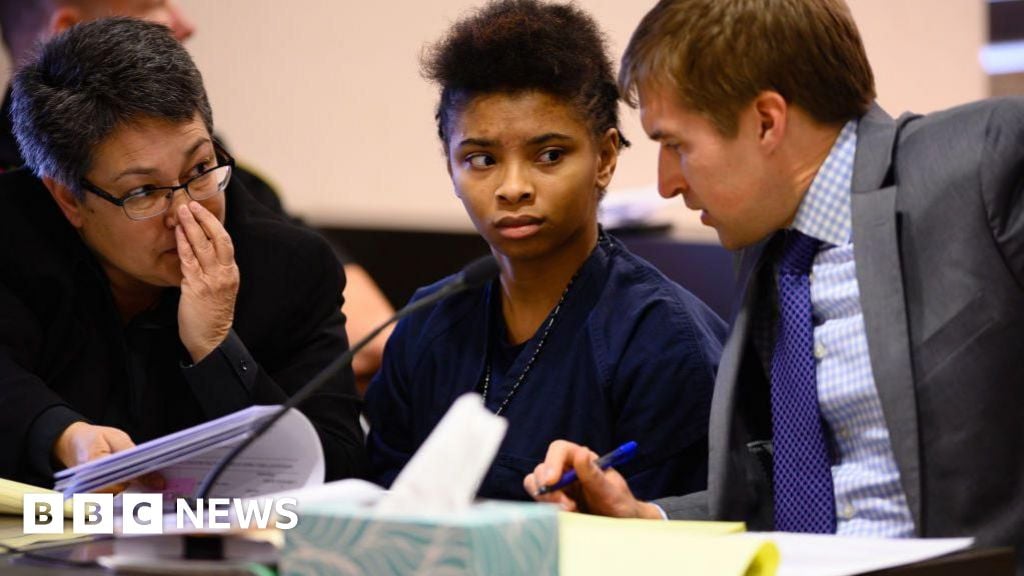A Milwaukee woman has been jailed for 11 years for killing the man that prosecutors said had sex trafficked her as a teenager.
The sentence, issued on Monday, ends a six-year legal battle for Chrystul Kizer, now 24, who had argued she should be immune from prosecution.
Kizer was charged with reckless homicide for shooting Randall Volar, 34, in 2018 when she was 17. She accepted a plea deal earlier this year to avoid a life sentence.
Volar had been filming his sexual abuse of Kizer for more than a year before he was killed.
Kizer said she met Volar when she was 16, and that the man sexually assaulted her while giving her cash and gifts. She said he also made money by selling her to other men for sex.



She accepted a plea deal. No trial no jury.
Trials are expensive and she clearly didn’t have money to spend in her own defense.
Sounds like it was a reasonably high profile case, and some kind of test case. I suspect she could’ve secured a great pro-bono lawyer.
Would you bet your entire life on that?
No, I don’t think I would.
I don’t really know that much about the case and the likelihood of a favourable outcome. Chrystul does, and she decided to take the deal, so I probably would too.
I’m simply saying that she could’ve mounted a defence at trial if she chose to do so.
Its not.a test case though, people have murdered those that wronged them before, it’s still.murder.
This is from the article: